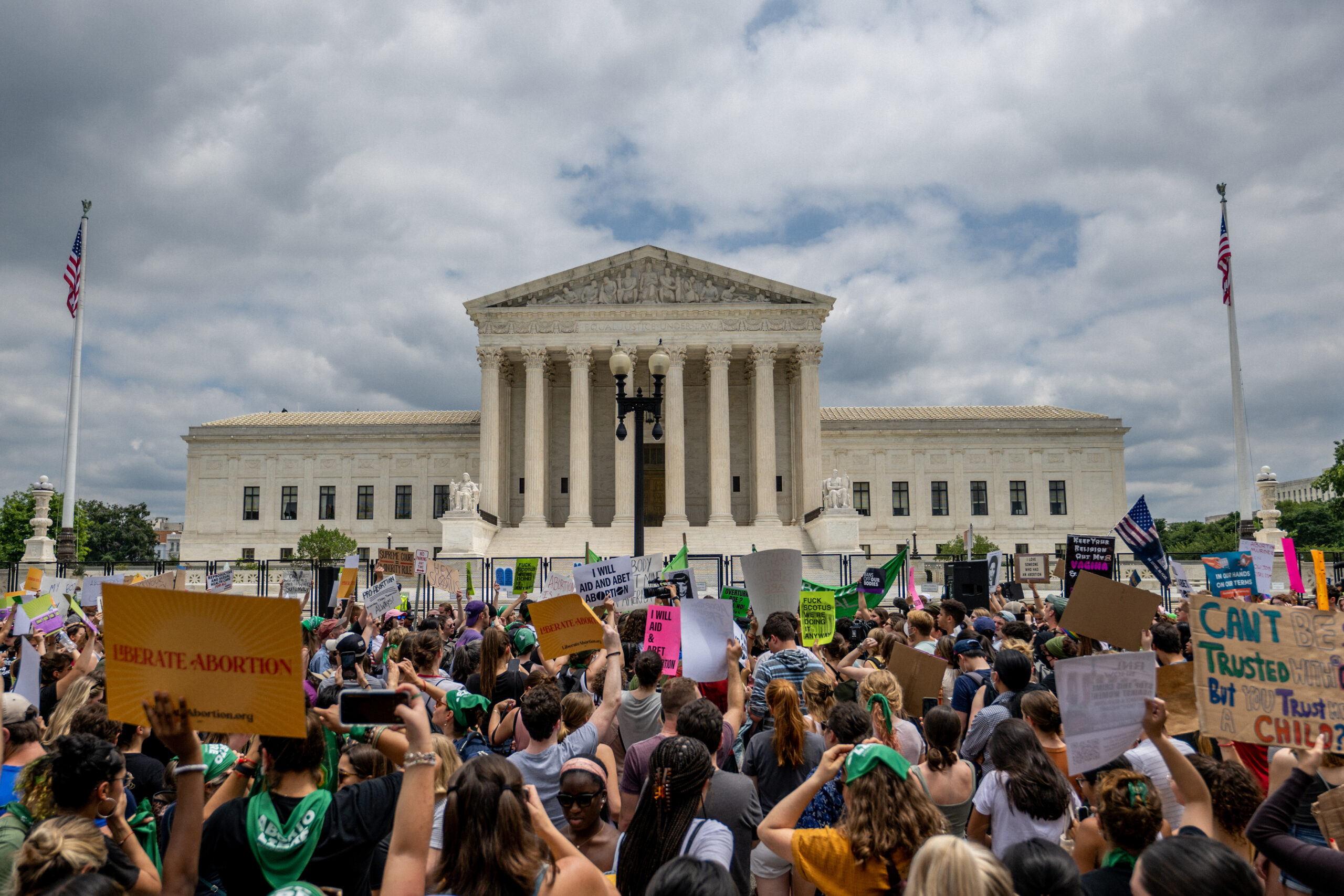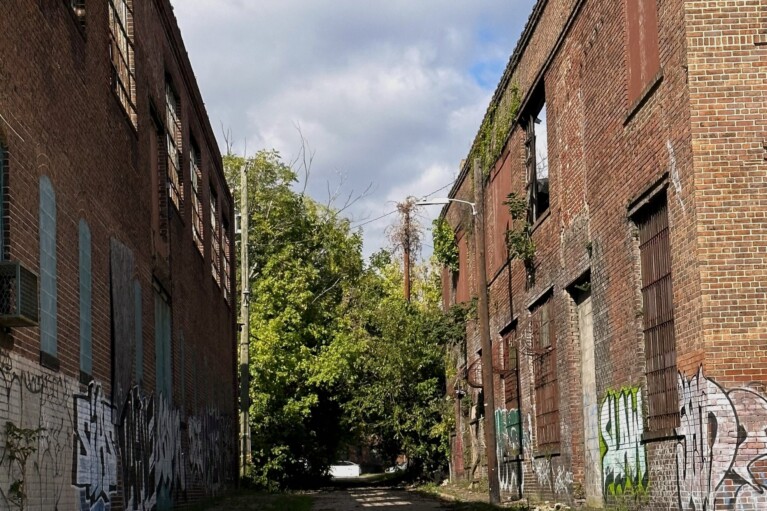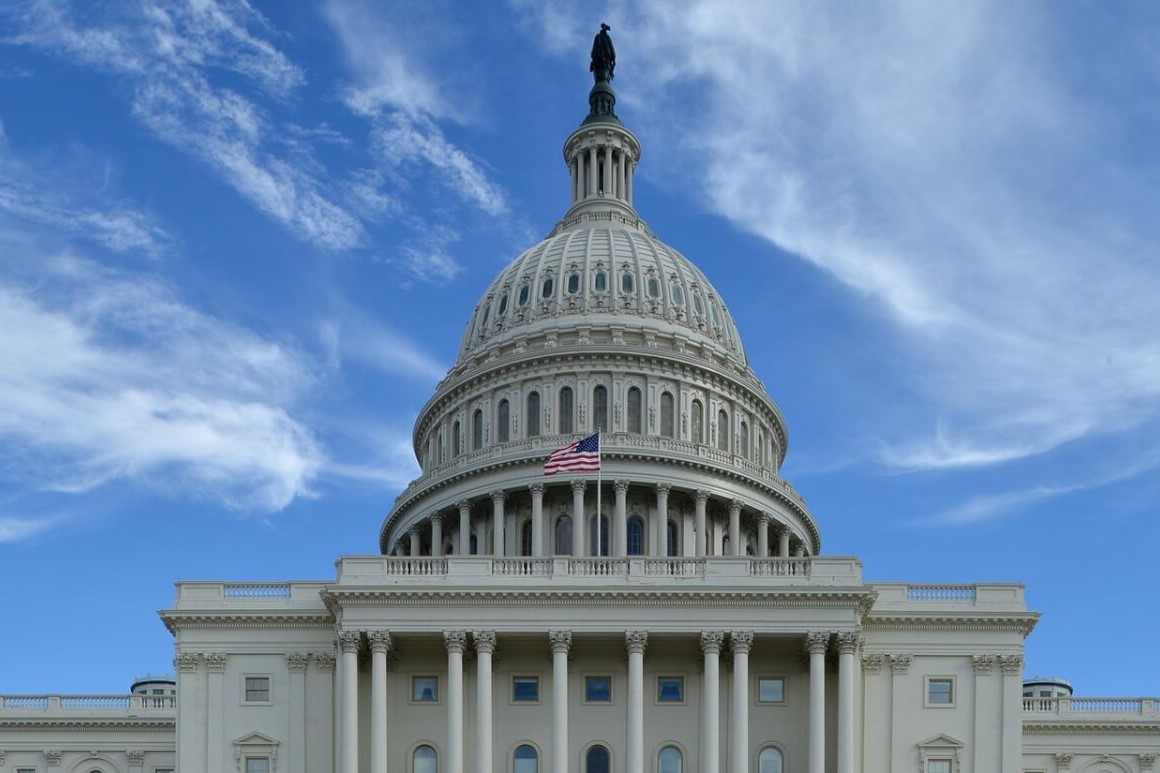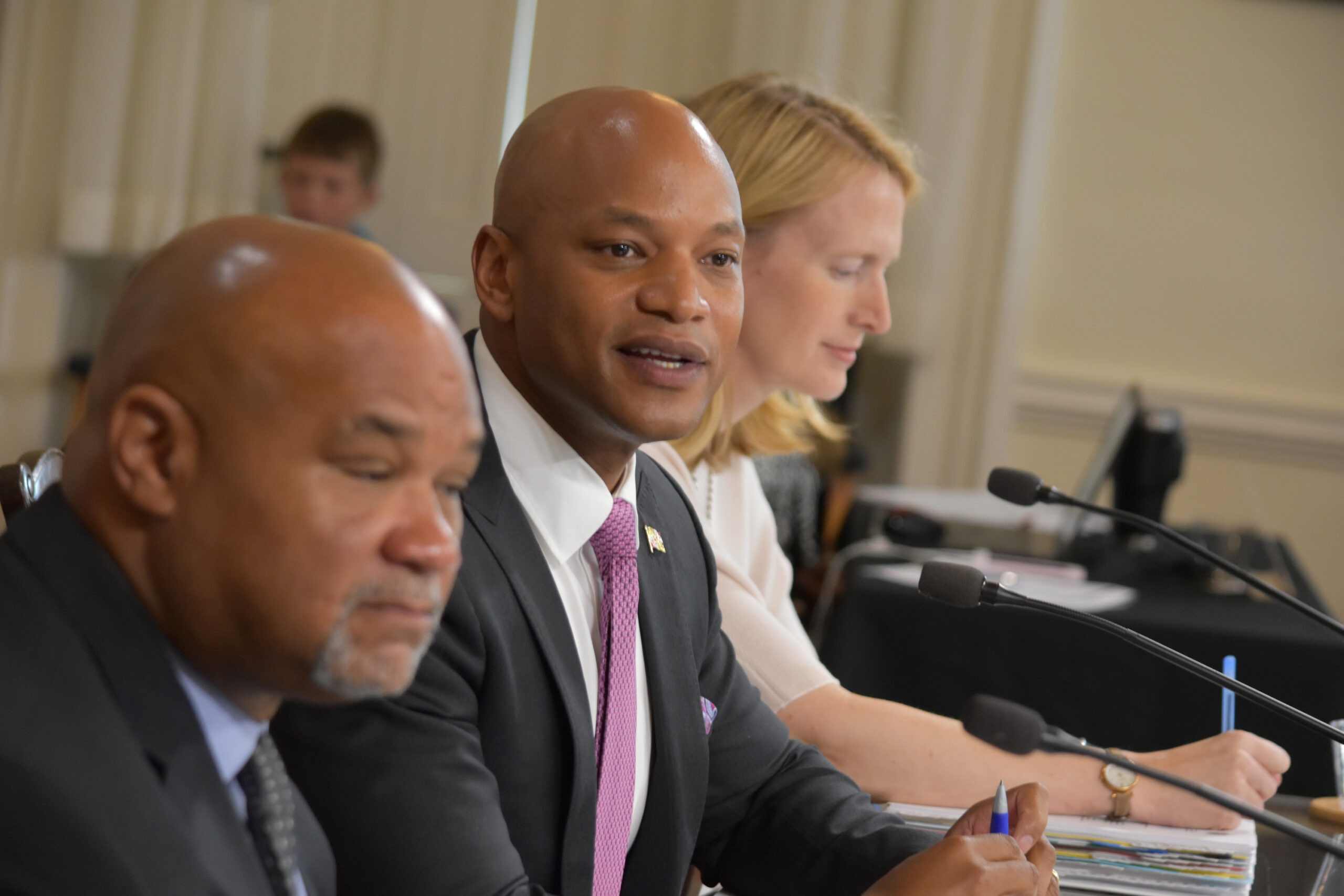Latino activists highlight unforeseen impacts of restrictive abortion policies on Maryland’s immigrant population

The overturning of Roe v. Wade in 2022 abolished federal protections of a right to an abortion, leaving abortion policy up to state lawmakers.
As a response, states such as Maryland have expanded protections for people seeking an abortion. Back in May, Gov. Wes Moore (D) declared Maryland as a “safe haven” for people in more-restrictive states. Other states have restricted access to abortion following the overturning of Roe v. Wade.
But in a virtual discussion Thursday, members of Maryland Latinos Unidos discussed how restricted access to abortion and sexual health care around the world can have unintended consequences that Maryland and other states can take into account when crafting their own policies.
“Governments around the world are making important decisions about women’s ability to control their bodies and their lives,” said Gabriela Lemus, executive director of Maryland Latinos Unidos. “Some of the decisions are very restrictive, leading to mental health challenges, physical challenges and even suicide.”
“It can lead to some women to making really difficult choices, drastic choices, to keep their autonomy and personal sovereignty to benefit themselves and their families. They are looking between migrating, leaving, or even sterilizing themselves,” she said.
While it was not discussed in Thursday’s conversation, transgender men and many non-binary people are also impacted by policy that expand or restrict reproductive health care.
Maryland Latinos Unidos is a coalition of various Maryland-based non-profits advocating for the state’s Latino and immigrant populations.
Kelly Umaña, senior evaluation and monitoring specialist of health equity at Maryland Latinos Unidos, said her interest has always been advocating for critical health topics, particularly for the Latino migrant community, as her family is from El Salvador.
In her doctorial program, Umaña looked at the repercussions of restricting abortion access in El Salvador, and said many women aged 15 to 49 were choosing sterilization as a method of birth control as opposed to contraception.
El Salvador prohibits abortions in any circumstance, and those who seek abortions can be jailed for doing so, according to an Associated Press report. Umaña noted that some of the lessons she observed in her research can be considered in Maryland as well.
“We have a huge Latino community here in the U.S., especially in Maryland, where there’s a huge Salvadorian diaspora,” she added.
“What are the trickle-down impacts when there’s a rollback on protected health? What that looks like around education, economic opportunities. What that looks like in terms of our human empowerment that we would like to have and making decisions for ourselves,” she said.
Bridget Kelly, sexual and reproductive health advocate and a doctoral student at the Milken Institute for Public Health at George Washington University, volunteered with the Peace Corps in Ethiopia, and said her experience there helped her realize “how important having access to good menstrual health” is to other issues.
She said that there’s a challenge with having conversations about reproductive health care, not just in Ethiopia but also in the United States.
“There’s been this conflation of equating reproductive health to only abortion. And I want to say that abortion is a very critical component of sexual and reproductive health and rights, but it’s not the only component. And so when we do that, we are overlooking and ignoring other really important pieces that maybe aren’t so contentious and taboo,” Kelly said.
Some of the other topics under the “reproductive health care” umbrella are maternal health and mortality, infertility issues, prevention of sexually transmitted infections and reproductive cancers, Kelly said.
Kelly noted that there are some unforeseen implications to the rollback of reproductive rights.
“One issue that is not discussed often but is coming up more and more is the use of contraceptives, certain hormonal contraception to manage menstrual disorders. So that’s like heavy menstrual bleeding or endometriosis…which can prohibit people from being able to go to work or go to school,” she said.
Kelly also noted that some lawmakers in other states are interested in prohibiting certain kinds of birth control, and if those restrictions get put in place, then people with menstrual disorders may not be able to use birth control to manage their symptoms.
She said that people who advocate for access reproductive and sexual health in their daily lives will indirectly help migrant populations.
“These are other issues that we can work on and advance the entire movement,” Kelly said.
“These international policies…or even national policies, can seem so out of reach,” she said. “I hope we can start seeing sexual and reproductive health and rights as a prerequisite or a foundational aspect of growth education, of health care, of economic empowerment,” she added.
Kelly posed a series of questions as examples of potential areas for future legislation.
“My mind goes to: What does the provider demographics look like? Are there enough Latino providers that are able to provide the services needed to ensure that women have access? People should be working on making medical school more accessible to a wider populations,” she said.
“If you’re working in a school, are there provisions of menstrual products? Is there comprehensive sexuality education? Is that something you can advocate for? If you’re working on economic empowerment…are women being given leave for maternity care?” Kelly said.
Veronica Cool, at-large executive committee member of Maryland Latinos Unidos, said that there are legislative actions that could be considered.
“We need, as a group, to be a lot more strategic. We have friends in legislation. I think we need to be proposing more bills that ensure access. We need to look at the basics,” Cool said.
She said that she would be interested in seeing legislation that requires a baseline standard across the state to ensure widespread access reproductive and sexual health care, such as available menstrual pads and nursing accommodations.




 Creative Commons Attribution
Creative Commons Attribution